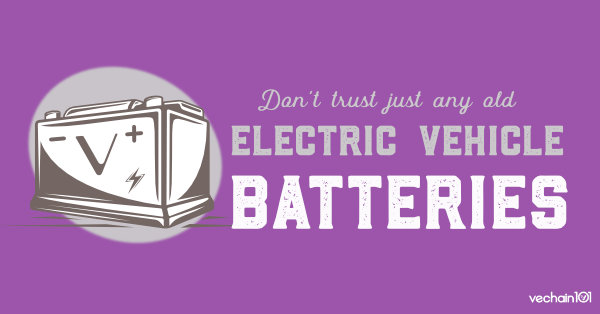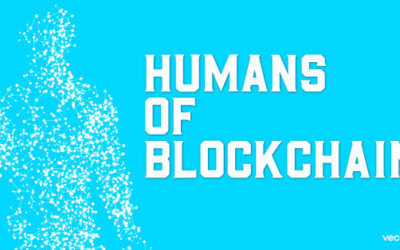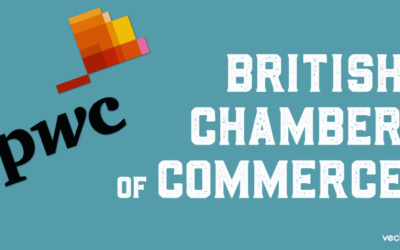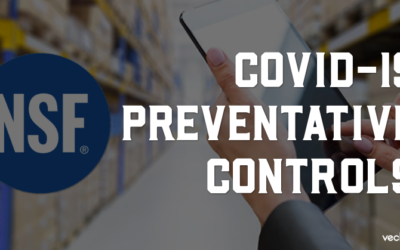The electrification of transportation always seems like a good thing from a renewable energy standpoint. Most people focus on the cleaner process of powering electric vehicles (EVs) compared to traditional engines, which burn carbon-based fuels and contribute to around 75% of the world’s carbon monoxide emissions. However, the challenge of switching to electric batteries is not just an issue of developing the technology. The demand for key raw materials such as Lithium is growing rapidly, up 20% in 2019 according to Forbes, adding to the strain on supply chains. This was an issue before COVID-19 – now it’s even more important. Currently market penetration for EVs is only at around 2.2%. That number is expected to skyrocket to around 70% by 2050 based on compound annual growth rate models.

This raises many new environmental concerns with the procurement and disposal of Lithium-powered batteries. As the demand and price for Lithium grows, many smaller suppliers are springing up in less regulated regions, and using alternative mining forms which are more damaging to the environment, reducing the potential positive impact EVs could have. This creates an opportunity for blockchain as a method of transparency, proving the clean production and mining of raw materials.
A case for DNV GL & My Story
As a leader in the certification of energy industry processes, DNV GL is a natural choice to verify the supply chains of EV battery and raw material suppliers. Erik Dugstad of the DNV GL Energy Advisory for the Nordic & Baltic region spoke about this in an article published on DNV GL’s Energy official WeChat account. The article, entitled “What impact will the rising electric vehicle industry have on our grid” acknowledged that there are human rights and environmental considerations regarding the source of battery materials. Dugstad suggested that DNV GL’s My Story would be the perfect tool for battery manufacturers looking to provide customers and end consumers with verification that these eco-friendly vehicles were actually produced in a way that is friendly to the environment. For many buyers, the whole purpose of switching to an EV is to reduce their carbon footprint, and having proof of that on the public blockchain is a great way to build trust in that regard.
In fact, the risk of not providing verification is that as mining processes become more and more damaging, consumers could become disenchanted with EVs altogether, hurting the industry and setting back the natural progression of technology. My Story solves this by first uploading key supply chain data to VeChain’s public blockchain, with DNV GL providing a verification that the process was done correctly and free of human tampering.
Source: DNV GL Energy






